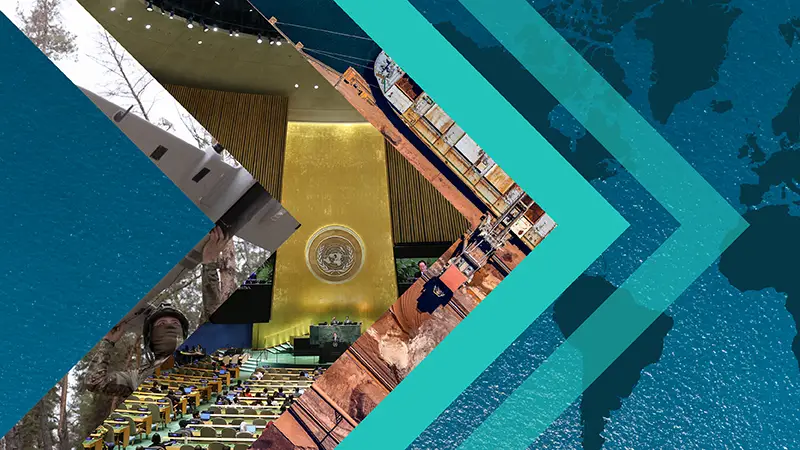
The New Rules - No Rules World
In 2026, companies face a world where traditional rules are fading.
Organised crime in 2026 will take advantage of geopolitical competition, trade disputes, supply chain disruption, global conflict, and new technologies to expand its footprint and penetrate new industries and markets. Booming global markets for licit and illicit goods – narcotics, counterfeits, critical minerals, energy – will fuel the ambitions of organised criminal groups to challenge government authority and build transnational enterprises. Organised crime will pose persistent security, integrity, and cyber threats to business in 2026
The true size of the illicit economy is unknown, but organised crime including money laundering, drug trafficking, smuggling, bribery, human trafficking, fraud, theft, counterfeiting, environmental crime, and cybercrime is believed to be worth up to 3-4% of global GDP – or more than USD 4 trillion in 2026.
Organised criminal groups piggyback on the transport, finance, and communications networks that enable legal global trade. They are less hierarchical, more multinational and networked than in the past, and rapidly adopt new technologies to reduce risk and maximise reward.
Organised criminal groups are responsible for a significant share of global violence, perpetrating nearly one-quarter of all homicides worldwide and around half in Latin America. Drug, human, and arms trafficking finances terrorist, insurgent and militant groups that threaten security and stability. Organised criminal groups also use targeted political violence to safeguard their business interests and shape political processes.
Geopolitical competition is changing the landscape for organised crime. Alliances or accommodations with governments allow organised criminal groups to operate with impunity, especially abroad. Some governments also tolerate criminal activities that align with their geopolitical agendas, such as “patriotic” cyber attacks or migrant trafficking. Others have hired organised criminal groups to assault dissidents and carry out deniable cyber attacks and sabotage worldwide, making organised crime an arm of foreign policy.
Even when governments share an interest in combatting organised crime, geopolitical differences can get in the way. Law enforcement cooperation risks becoming a bargaining chip in trade and security negotiations. Meanwhile, international sanctions that starve governments of legal revenues may steer them towards illicit enterprises, as in the former Syrian regime's amphetamine trafficking, Venezuela's alleged cocaine trafficking, and North Korea’s criminal cyber activity.
Organised crime increasingly infiltrates legitimate trade to move counterfeit, stolen, and illicit goods. Trafficking of drugs and other illicit goods requires footholds in ports, airports, trucking, and warehouses, often maintained through corruption and coercion – and law enforcement operations targeting illicit shipments can delay legal trade. The same goes for information: organised ransomware groups have also caused significant supply chain disruptions, with third-party technology providers now a primary target.
Tariffs, export bans, and supply chain disruptions in 2026 will generate lucrative new opportunities for theft, counterfeiting, and smuggling. Criminal groups are likely to target high-value products subject to tariffs, like electronics, automotive parts, and pharmaceuticals. Organised criminal groups are also penetrating booming extractive industries, like gold in Brazil, nickel in Indonesia, and oil in Mexico. As organised crime moves upstream in supply chains, ensuring the traceability and integrity of critical goods is a growing ethical and compliance obligation.
Companies in 2026 must ensure they have robust systems to reduce exposure to organised crime. Financial and cybercrime are scalable and lower risk ways to make money, as the growth of cyber scam centres in Southeast Asia indicates. The US designation of drug cartels as terrorist organisations, meanwhile, creates new legal and compliance risks in 2026, forcing companies to revamp due diligence and screening processes.
Organised crime thrives on corruption, in particular, which reduces political pressure on criminal groups and opens doors into the legal economy. While democratic systems are traditionally more resistant to organised crime, democratic backsliding may be increasing their exposure. Even as global anti-corruption enforcement diminishes, companies must maintain robust anti-bribery and anti-corruption programmes to reduce exposure to organised crime.
Though financially motivated, organised criminal groups increasingly seek to challenge and control state institutions through corruption, violence and intimidation. Where criminal groups can buy off officials or outmatch police forces, they can obtain territorial control that allows illicit enterprises to operate unimpeded. A growing number of fragile and conflict-affected states are ripe for organised crime exploitation, including human trafficking, drug trafficking, and natural resource extraction.
States are responding with increasingly muscular strategies. Governments in Latin America and Southeast Asia have declared states of emergency to combat organised crime in recent years. The US is revamping its war on drugs with tools from the war on terrorism, including airstrikes targeting alleged drug traffickers. Though possibly effective at constraining organised criminal groups, these strategies may also prove destabilising by fomenting domestic opposition and threatening state stability.

In 2026, companies face a world where traditional rules are fading.
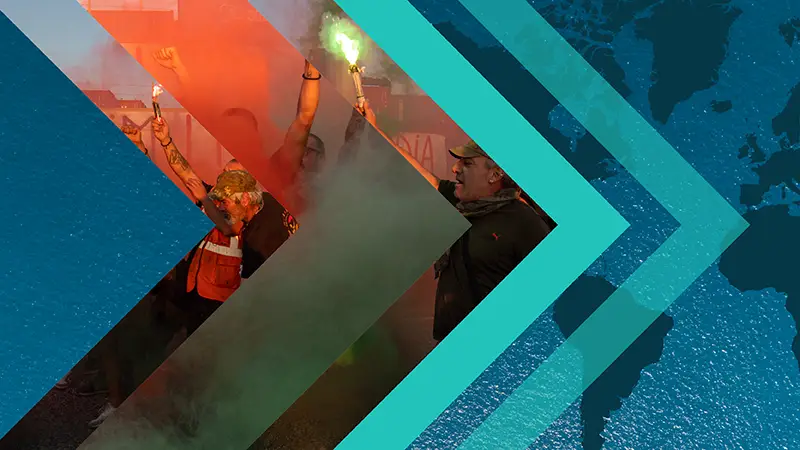
RiskMap 2026 explores the rise of activated societies mobilised by grievance, inequality, and distrust.

In 2026, compute will define global competitiveness.
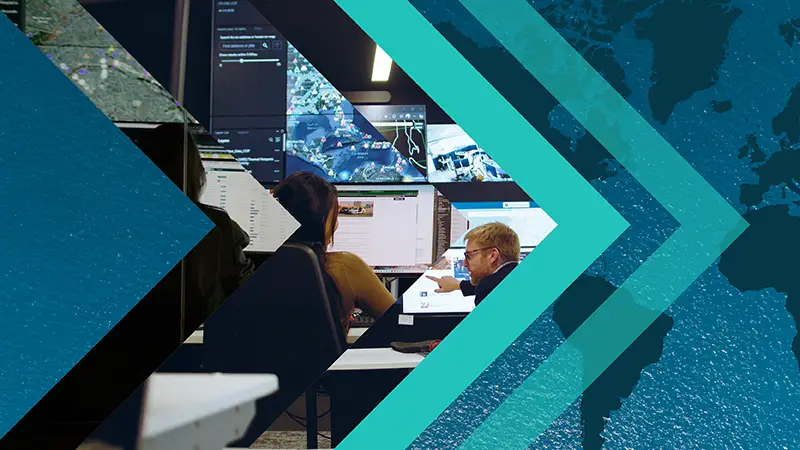
In 2026, chaos is no longer exceptional; it’s expected.
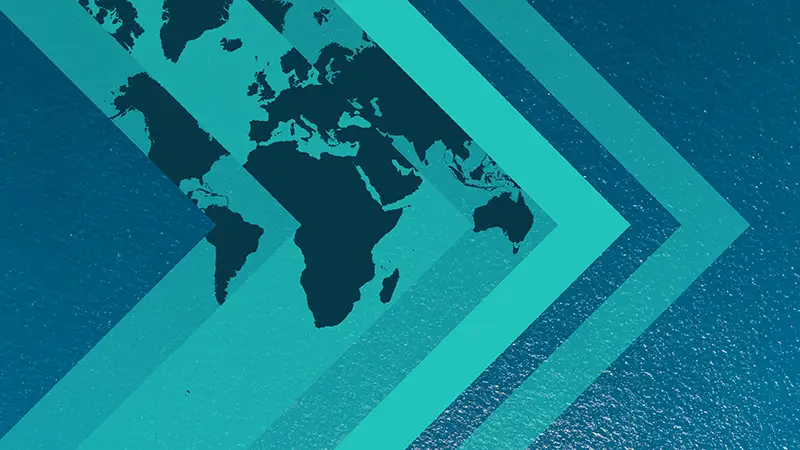
Who are the risers and fallers? Where has risk increased or decreased? We have changed 27 countries' risk ratings this year. Download our global and regional maps now to find out.
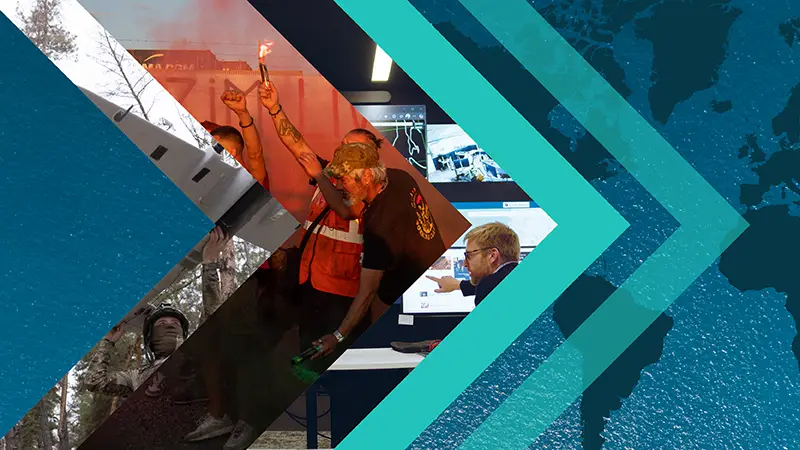
Nick Allan, Control Risks CEO, looks ahead to the trends shaping business in 2026 and unpacks how businesses can remain resilient.

Get a deeper sense of what these trends mean for your business. Led by our experts, our bespoke interactive RiskMap briefing sessions are shaped by your budget and strategy.

Control Risks consultants help you spot and overcome ethics and compliance challenges before they become crises.
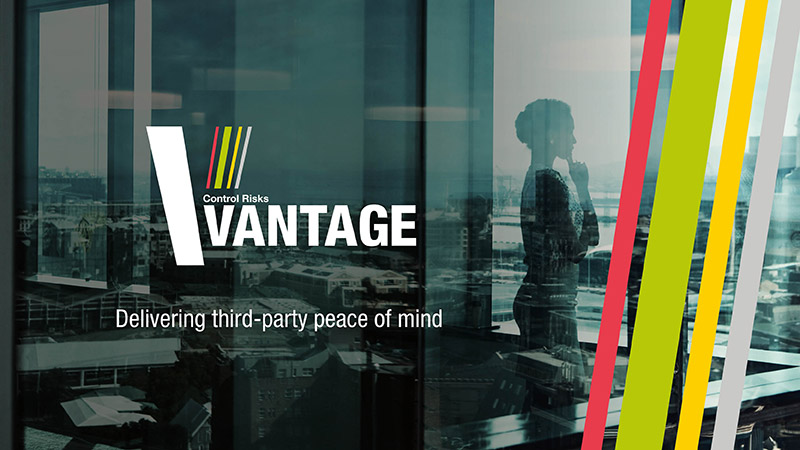
Effectively manage third-party risks, meet regulatory obligations, and protect your assets and reputation with Control Risks VANTAGE's award-winning compliance solutions.

Investor support services to assist across the entire investment lifecycle.